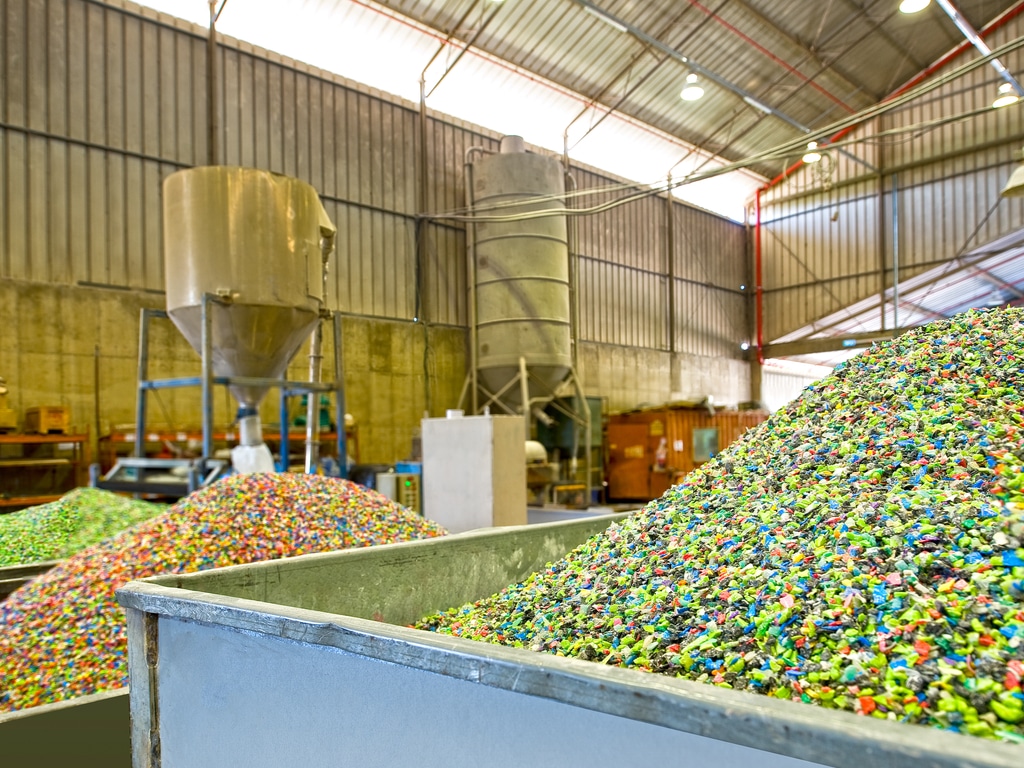Many African countries are adopting the circular economy. This trend is most evident in North Africa, where plastic waste recycling initiatives are on the rise. The circular economy is also emerging as a key solution in countries such as South Africa, Kenya, Nigeria, Ghana, Ivory Coast, Rwanda, etc.
The process is simple. Used plastic is recycled or reused as a raw material for other purposes. While African countries are aware of the importance of this model, many are far from being able to implement this process due to lack of financial means or adequate facilities. The agreement between the Pan African Climate Justice Alliance (Pacja) and the US company Paneltech aims to increase the amount of plastic waste recovered on the continent.
Read Also –
“We use patented technology to transform plastic and agricultural waste into biodegradable plastic and other sustainable materials (biodegradable shell plastic, building materials and biofibre composite flooring), all of which align with consumer, business and government CSR (Corporate Social Responsibility) and ESG (Stands For Environmental, Social, and Governance) initiatives,” explains Leiven Tsai, Paneltech’s CEO. Pacja will have observer status in Paneltech’s projects and green profit funds. The Alliance will also advise the US company on where and how these benefits could be maximised.
A necessity in the face of environmental crises
The World Bank’s 2020 ‘Waste Management Report’ notes that 174 million tonnes of waste (on average) are produced each year in Africa. This amount is expected to triple by 2050, as Africa is one of the fastest growing regions in the world. The direct consequence of this situation is the destruction of ecosystems. Pacja and Paneltech say they will hold companies and governments accountable for climate justice.
Read Also – AFRICA: the circular economy at the heart of ecosystem preservation
In Africa, the new Global Alliance for Circular Economy and Resource Efficiency (Gacere) is also supporting governments in their transition to the circular economy and environmental conservation. Rwanda and Kenya have already joined Gacere. South Africa and Nigeria will also work with the new alliance. Gacere will accompany its member countries in the progressive adoption of the circular economy in several sectors.
Inès Magoum
